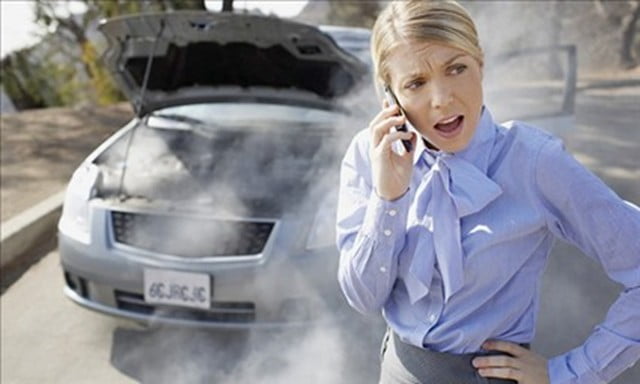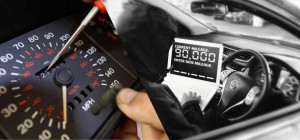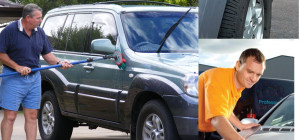 If you've ever experienced your car overheating then you'll know how frustrating and hard to deal with it can be. Cars don't just overheat by themselves it takes lots of different factors, errors and lack of care for the car to make it happen. If you want to avoid your car overheating in the future or at least know what do if it happens to you then you need to understand its causes and how it can be fixed.
If you've ever experienced your car overheating then you'll know how frustrating and hard to deal with it can be. Cars don't just overheat by themselves it takes lots of different factors, errors and lack of care for the car to make it happen. If you want to avoid your car overheating in the future or at least know what do if it happens to you then you need to understand its causes and how it can be fixed.
Causes Of Car Overheating
Your car will always produce heat, lots of it, but vehicle manufacturers know this so they ensure that it doesn't affect its performance by installing a cooling system in your car. However that doesn't guarantee that things won't go wrong with the cooling system and when that happens then overheating can occur. A leaking cooling system is one of the things that can cause your car to overheat. This can be identified with coolants on the floor of your garage or a radiator with low fluid. Another thing that can cause overheating is a faulty thermostat that prevents the flow of coolants into your car's engine.
To keep the heat in your car engine under control the cooling system makes use of an intelligent water pump that circulates fluids throughout your engine. If your water pump is faulty you can be guaranteed that your car won't start a few minutes before it starts to overheat. In addition to the fluid system you can also make use of a cooling fan just to make sure that the heat produced by your car doesn't shut it down. Both the electric and mechanical fans have been designed to start working once your car is turned on. Also, a clogged radiator that has gathered dust and dirt is another thing that will cause your car to overheat.
How To Handle An Overheating Car
When your car overheats the primary goal is for you to find a way to lower the temperature, but you must take precautions so you don't put yourself in danger. If your car overheats, stop it as soon as possible. You should also turn off the engine immediately; an exception to this rule is when you want to pour water on the radiator. Leaving the car engine on while you're pouring water will prevent it from rapid cooling which is not good for the engine. Do not remove the radiator cap as many people are tempted to do. This can cause the hot water to rush out and burn your skin. Try pouring water onto the radiator to make the car cool again. Check if the thermostat is open and adjust it so that it doesn't block the flow or coolants. If the problem has to do with leaks you might need to get them sealed quickly so that you won't lose any more coolants.
If the problem is the fans then you would need to get them replaced. Note that the electric fan has been designed to work automatically so do not put your hand in it as you could end up getting hurt. If you experience overheating in cold weather it most probably means that your coolant has been frozen. Finding an immediate solution to your car overheating depends on what causes it. If you have a faulty water pump, a packed-up cooling fan or a leaking cooling system you might need to get the car towed to a garage to get the problem fixed. But if you have some mechanical skills you might as well get down and fix it yourself on the spot with your tool box.
John Matthews is mechanic working for CarBees. He comes across the dangers of overheated cars regularly and knows that with a little knowledge it can be avoided.








I have a 02 Tracker I have put a new radiator, thermostat, water pump, electric fan,and a fan clutch on and it still
overheats. I change the oil regularly and as a matter of fact I just changed it. As a matter of fact the motor dosen’t
seem to be turning as much rpm as it use to. Do I need to change plugs? I am out of solutions .